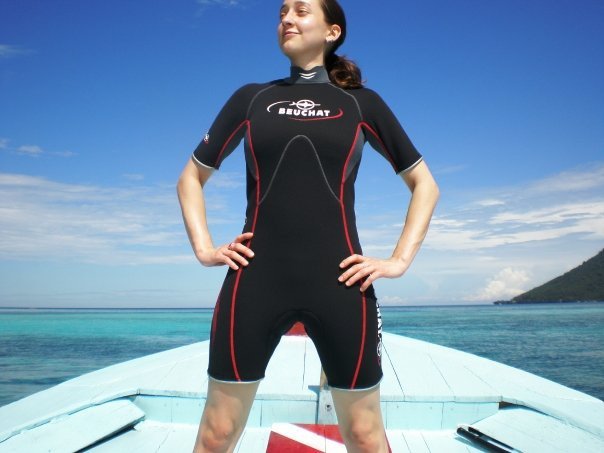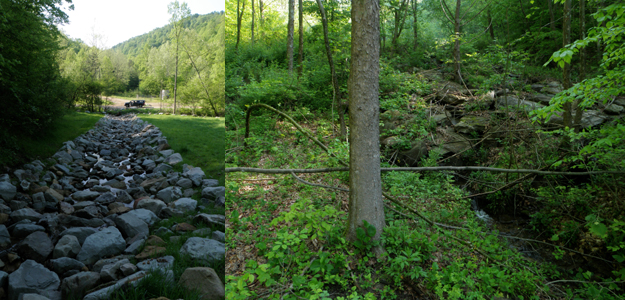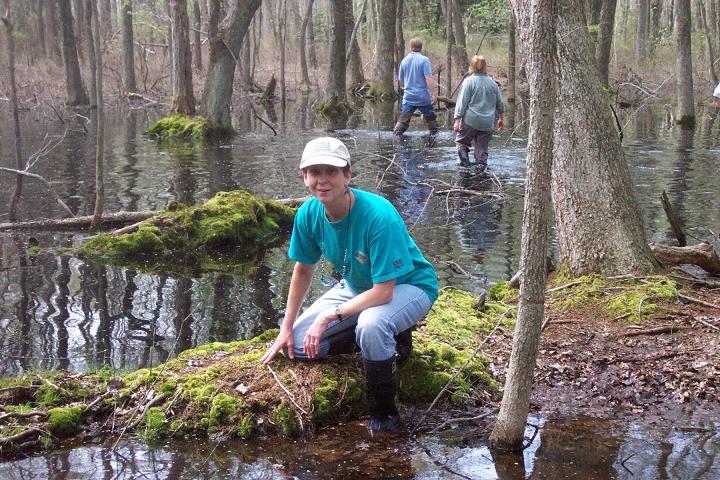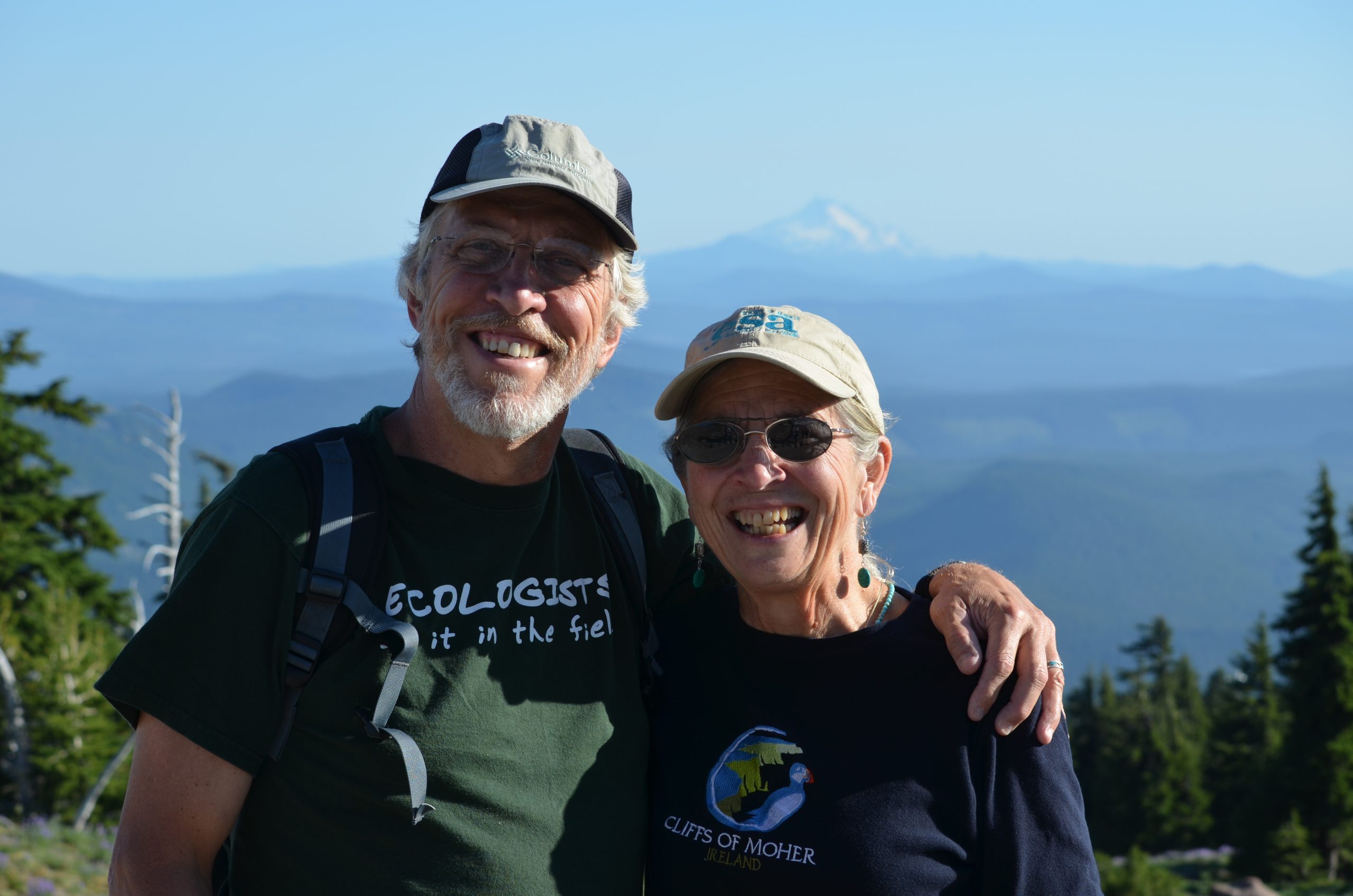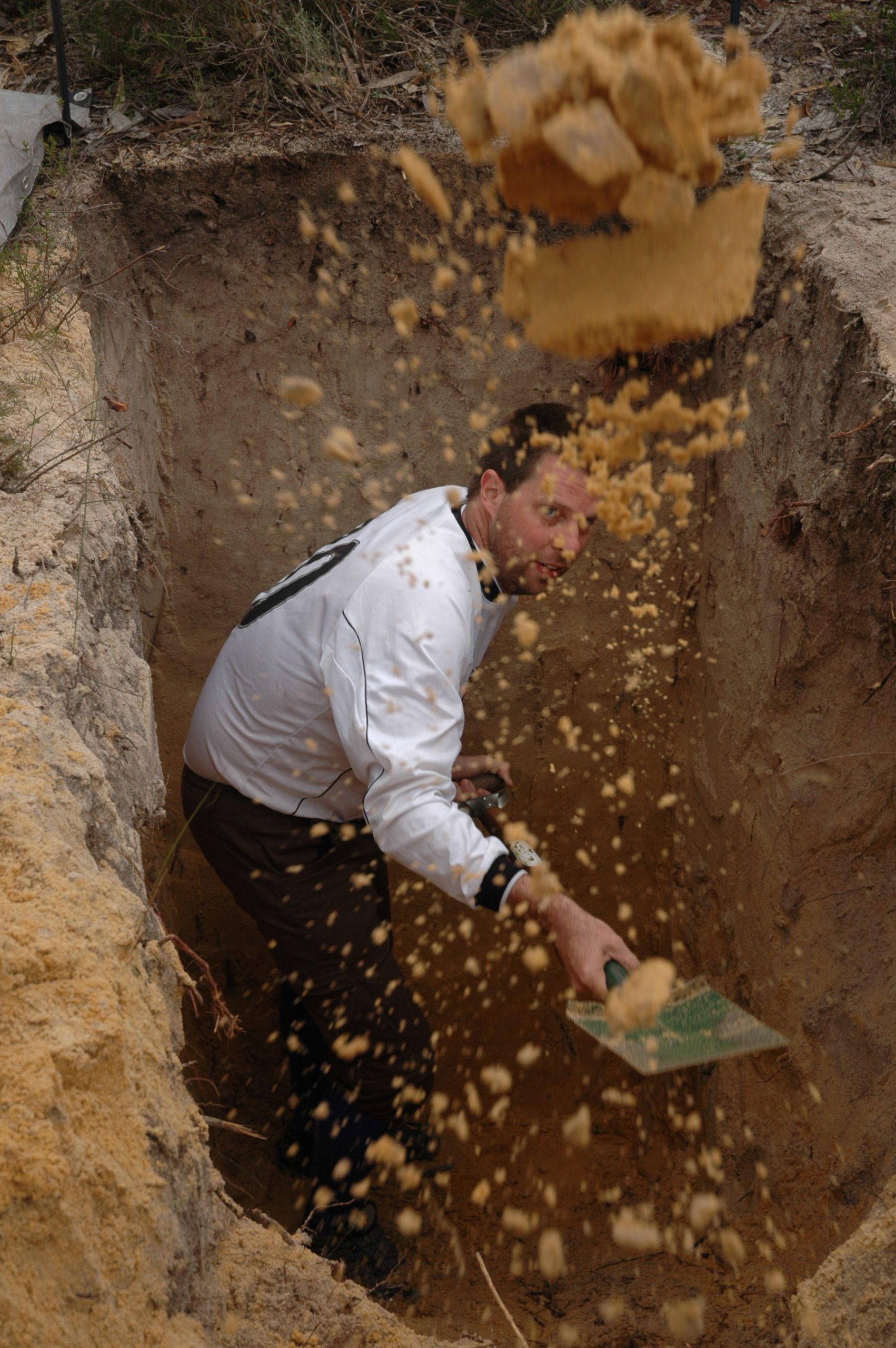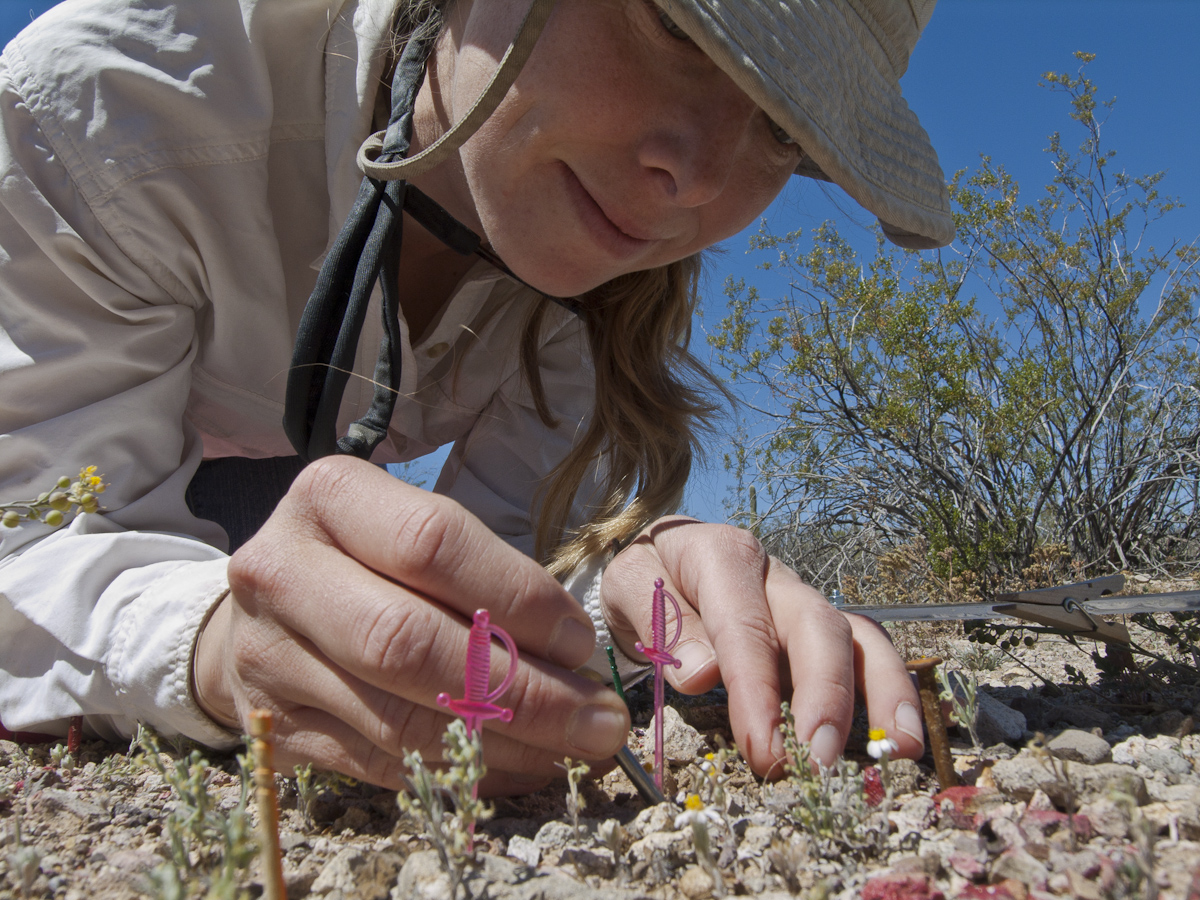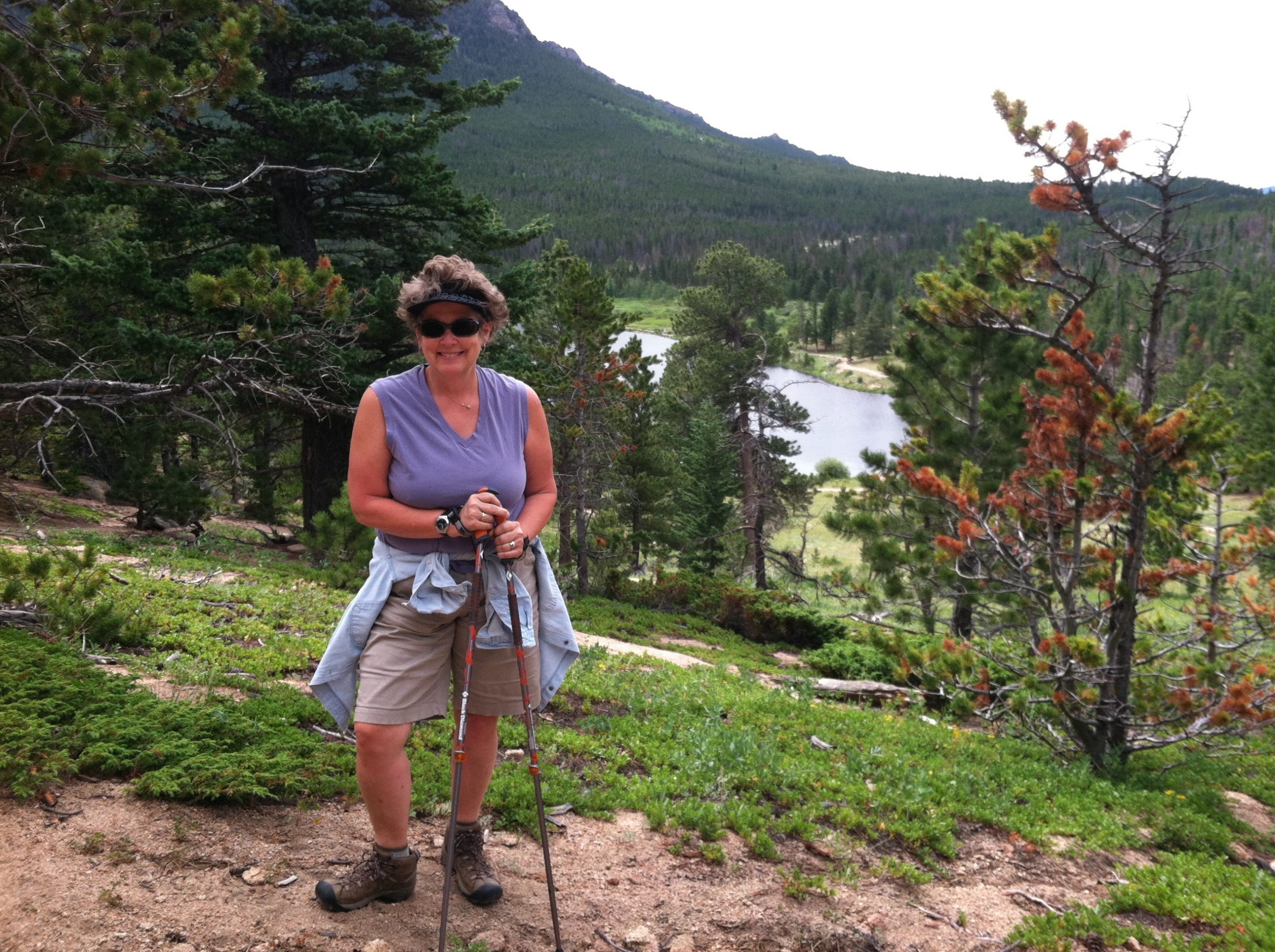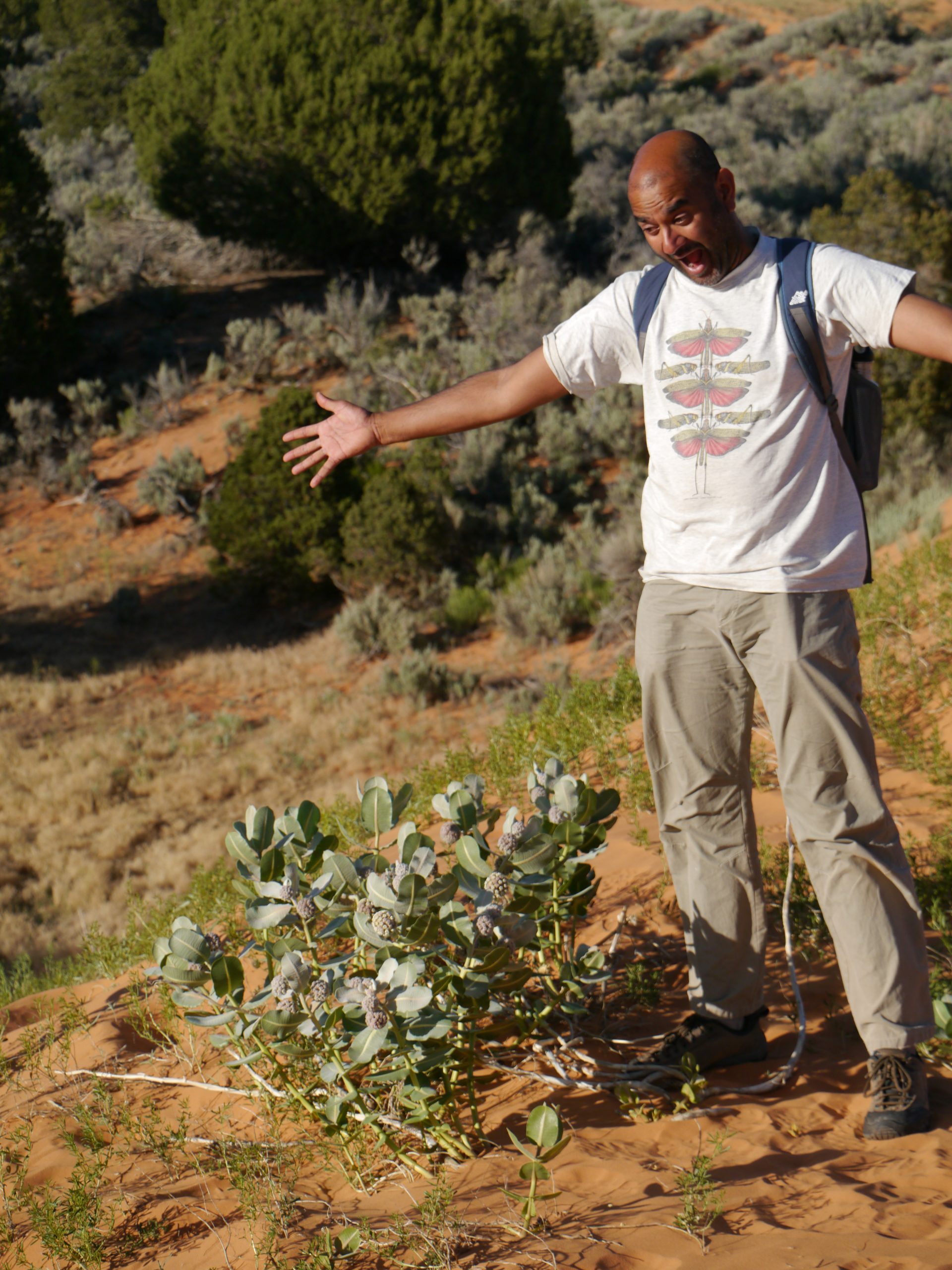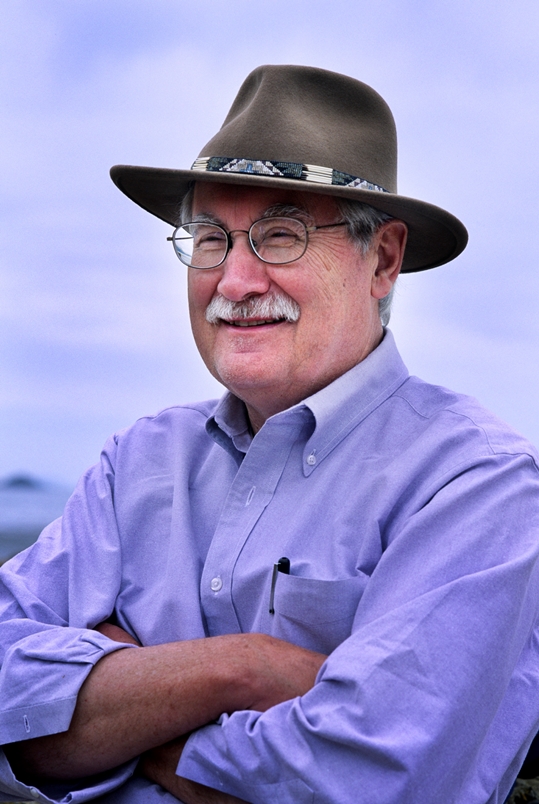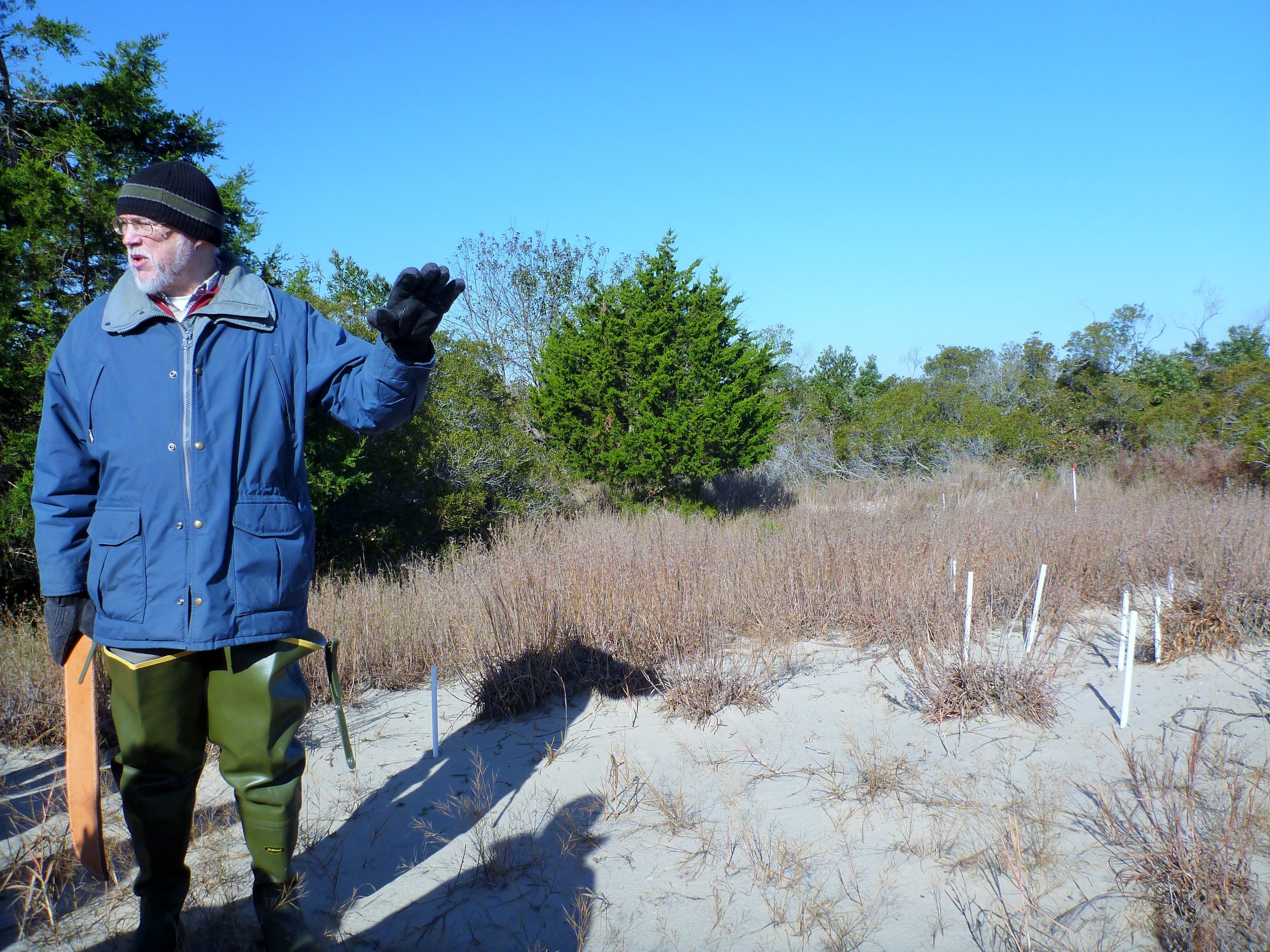
Frank Day honored for Commitment to Human Diversity #ESA2016
ESA’s Commitment to Human Diversity Award recognizes long-standing contributions of an individual towards increasing the diversity of future ecologists through mentoring, teaching, or outreach. Frank Day, a professor of ecology and eminent scholar at Old Dominion University in Norfolk, Va. is known for mentoring many graduate and undergraduate students as well as his stellar career as a wetland scientist. For…
